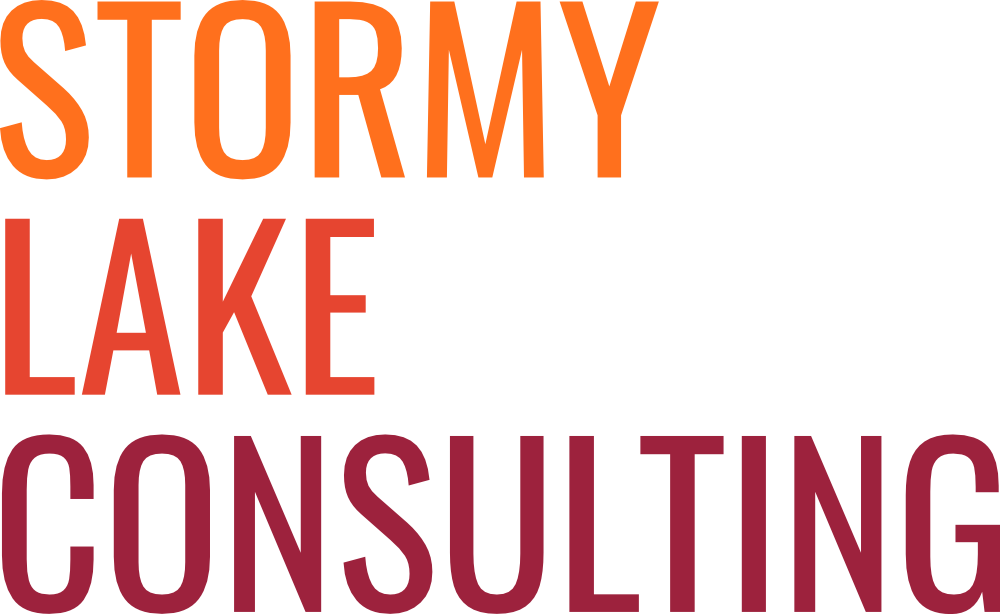Reclaiming Control: The Weekly COVID-19 Update
Six signs you’ve been spending too much time on Zoom:
You no longer care you have yesterday’s shirt on.
You are using your webcam as a mirror when getting dressed.
The “e” and the “r” keys on your keyboard are stuck together with peanut butter.
You have virtual backgrounds that reflect every one of your moods, but you’ve only used the “7th level of hell” image for the past week.
You can watch cake-decorating reality TV shows while staring directly into your camera so no one knows. (But they do know, they just don’t care.)
You’ve stared at your dining room for so long that you have to repaint it. ASAP.
Yes, the urge to redecorate is on the rise. In fact, the social conversation around repainting, redecorating and renovating, has grown by more than 60% in the past two months.
One of the reasons renovating is such a powerful tonic is that it is a way to seize back some control in our lives. And when people lack control, one of the places they turn is to conspiracy theories for security. We can’t control the virus and we haven’t been able to control our own movements. This makes us ripe for conspiracy.
Some of the more popular COVID conspiracy theories include
5G cellular networks are spreading the virus through the electromagnetic spectrum.
Bill Gates caused COVID so he could use a global vaccination program to implant digital microchips that will track and control people.
Genetically modified crops cause genetic pollution that allows viruses to proliferate.
DisneyPlus deliberately planned and released COVID-19 to make its launch more successful.
But these theories are not confined to the fringe. They have significant support north and south of the border .
One in 10 Canadians believes a conspiracy theory about the novel coronavirus, according to preliminary research from the University of Sherbrooke in Quebec. More than 30% of Americans believe a conspiracy theory.
Research by Cynthia Wang from Kellogg School of Management at Northwestern University found significant differences between proactive individuals who feel more in control over their environment, and vigilant individuals who try to protect the security they have. Vigilant, security-seeking people are more likely to be influenced by conspiracy theories.
And a research team from the University of Regina and MIT found that even more people are willing to share a conspiracy theory than they are to believe it. Hopefully we are not now in that category.
The good news in this is that the rise of personal agency that we have seen over the past few weeks means that conspiracy theories will have less fertile ground in which to grow. But if you encounter someone clinging to a sketchy theory, you can help by encouraging them to think about ways they can take control of their own situation. Good advice at any time.
At least we don’t have to worry about vaccination-delivered tracking microchips. They’re not necessary for me. I already carry a tracking and monitoring device around in my pocket 24/7. Occasionally it even rings.


